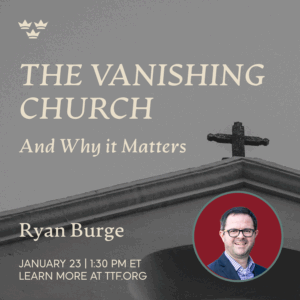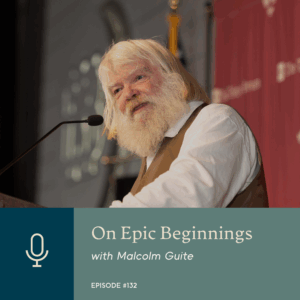[vc_row row_padding_bottom=”30″][vc_column][textbox title=”Revolutionary Readers” title_color=”#2f2f2f” title_fontsize=”40″ text_under_align=”center” subtitle=”Cherie Harder” subtitle_color=”#757575″ content_align=”center”][/vc_column][/vc_row][vc_row][vc_column width=”1/6″ css=”.vc_custom_1547644032611{margin-top: 20px !important;border-top-width: 0px !important;padding-top: 10px !important;padding-right: 10px !important;padding-bottom: 10px !important;padding-left: 10px !important;background-color: #eeeeee !important;border-top-style: solid !important;}”][imagebox image_url=”14483″ image_hover=”disable”][/vc_column][vc_column width=”5/6″][vc_column_text]
Monday, June 17, 2013
“You don’t have to burn books to destroy a culture. Just get people to stop reading them.”
— Ray Bradbury
It has long been an assumption that the act of reading is not only foundational but formational: that what and how we read helps determine how we think, and thus, who we are. But what happens when reading itself is in decline?
Sadly, it is not a theoretical question. A comprehensive report on reading compiled by the National Endowment for the Arts (NEA) a few years ago found that both reading and reading comprehension are in decline across all age groups, and that half of all young adults do not read any literature. It concluded: “although there has been measurable progress in recent years in reading ability at the elementary school level, all progress appears to halt as children enter their teenage years. There is a general decline in reading among teenage and adult Americans. Most alarming, both reading ability and the habit of regular reading have greatly declined among college graduates.”
It appears that there is not only a loss of appetite for reading in general, but for “difficult” books and literary reading in particular. Reading tweets, texts, and posts is qualitatively different than reading a work that requires sustained attention and focus, abstract reasoning, or even the imaginative empathy demanded by a novel. The result is more distraction, less comprehension and retention of what is read, and less appetite for challenging reading.
In fact, electronic media’s rout of reading is shocking in its degree: various studies have shown that the average American spends around 34 hours per week watching TV (on various screens, including phones and tablets); and the average teen spends over seven hours per day consuming media (TV, music, video games, and social media). In contrast, the average American spends less than ten minutes a day reading books (including e-books). Also crowded out by entertainment and social media is time spent socializing in person, exercising, sleeping, working, and volunteering.
The impact goes far beyond a widespread lack of familiarity with Donne, Dickenson, or Dostoyevsky. The habit of reading forms both how and what one thinks, processes, perceives, and makes sense of the world. Reading enables and enhances the processing of verbal as well as visual information, forges new neural pathways, shapes the imagination, increases metal processing speed, enhances linguistic understanding and vocabulary, and intellectual precision – in ways that electronic media cannot, at least not to the same degree.
Time spent reading also correlates with higher levels of civic and community involvement. A recent Census Bureau survey indicated that those who read literature are more likely to be involved in their community – including volunteering, voting, and giving to charity. It found that 43% of literary readers were involved in volunteer or charitable efforts, only 17% of non-readers were.
In short, the decline of reading over the last decade or two constitutes a seismic cultural shift, with enormous implications for our national character. A citizenry that values reading is vastly different from a society that is perpetually distracted and unable to focus on or understand a difficult passage, much less a difficult book.
It may be that one of the most counter-cultural (as well as enjoyable) activities one can engage in is starting a book club. What a cell group was to the spread of communism, a book club is to the cultivation of reading. It requires actual and personal interaction, rather than virtual. It demands sustained attention, as opposed to aiding and abetting distraction. It requires the reader to imagine the scene before them, rather than merely view it. In contrast to the incivility and belligerence that characterizes much online communication, it requires hospitality. And it necessarily develops a love for, and habit of sharing, the great stories that shape one’s imagination, assumptions, and view of the world. Perhaps it’s time for a revolution.
Warmly,
Cherie Harder
President[/vc_column_text][/vc_column][/vc_row]


